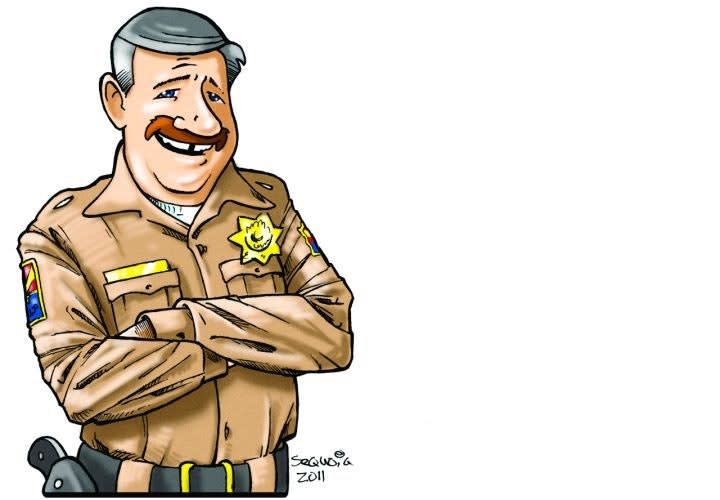The old axiom that "people don't quit a job, they quit a boss" has some resonance with us all. Who among us hasn't worked for a jerk and found ourselves dreading the moment we had to pull into the parking lot at the beginning of the workday, praying we do not have to interact with the one making our life miserable? In his remarkable book, "The No Asshole Rule," Robert Sutton documented how destructive those toxic people (dubbed "assholes" by Dr. Sutton) are to organizations and the people who suffer under them, or from just being around them. Certainly, every law enforcement leader who read that book agreed with Professor Sutton that such behavior is bad for morale and productivity, and even produces a liability.
As crime fighters, we arrest assholes and we never want to be one. But ironically, as the good doctor points out in his follow-up leadership classic, "Good Boss, Bad Boss," many law enforcement officers contacted him to tell him it wasn't the assholes in the street they were having the most challenges dealing with, but the jerks in the office. No chief or sheriff would reward such behavior in their organization, we would hope, but tons of literature on organizations report that being a jerk is often a very effective strategy for getting a promotion, and large numbers of public and private organizations have more than a few bosses that you might find working for to be a real challenge.
Throughout the book, Dr. Sutton warns us to be quick to judge only one person…ourselves. Do not just decide you are working for a jerk and start labeling them an "asshole" without first doing some serious reflection. Are there others suffering under this boss? Do you have a buffer between the offensive boss and yourself? In addition, finally, make sure that if you do decide you have found yourself working for a mean girl or boy that you take steps to ensure you don't turn into one yourself. Jerks tend to create jerks.
One strategy, once you are sure about the jerkyness of your boss, is to escape, transfer, haul butt, get out of Dodge, get on the bus Gus and set yourself free. Sounds great, right? But this is not always possible in law enforcement, especially in certain assignments. So we need to find other strategies to deal with that supervisor, commander, chief, or sheriff, who makes our job miserable. Continuously throughout his book, the good doc reminds us to step back and not fire off a nasty response or just fall on our sword, ruining our career. "Slow and steady wins the race" is true here more than in the case of rabbits and tortoises.
Instead, find allies who agree with you or are suffering as well. Create safe havens like a favorite coffee shop, or secluded area away from the station, never violating policy, so you can decompress and talk each other down. But be sure you actually talk each other down, rather than firing each other up. When things seem bad, adopt "mind tricks" to help you cope. One of the most powerful is the mind's ability to "look back from the future"—a kind of "this too shall pass" mentality where you say to yourself, "Five years from now this will just be a memory. I'm going to be doing great!"
Another form of mental gymnastics for reframing your situation is to have sympathy for the devil; try to find out why he or she became a jerk and remind yourself that you will never be like that. The truth is, many outstanding supervisors, commanders, chiefs, and sheriffs are great not just because they emulate the outstanding people they have worked for in the past, but because they are avoiding bad conduct they experienced when they themselves worked for a jerk, once upon a time. They have informally adopted a "no asshole rule" in their agencies, and the benefit is felt by the community as well as the folks working for the department.
With the war on cops, a hostile media, and greater risks than ever before, it is vital that agencies help their folks deal with the jerks on the street by correcting the jerks in the station. Being an "asshole" is a choice, a behavior that can be modified easily; so ask yourself what kind of leader you are within your agency. As Doc Sutton warns, "Be slow to label others as 'assholes'; be quick to label yourself as one."
Dave Smith is an internationally recognized law enforcement trainer and is the creator of "JD Buck Savage." You can follow Buck on Twitter at @thebucksavage.












